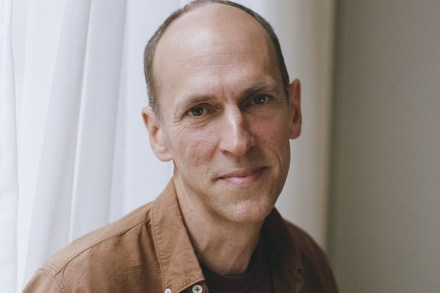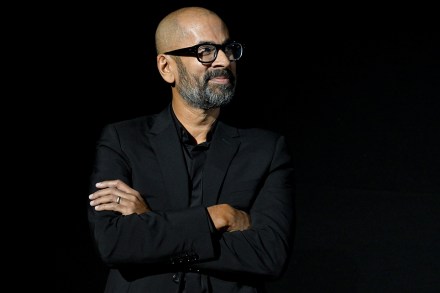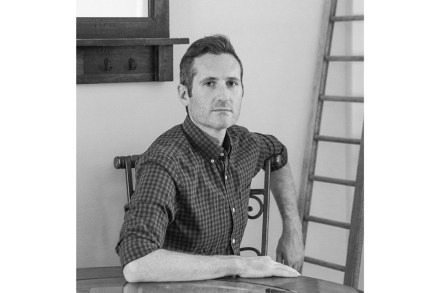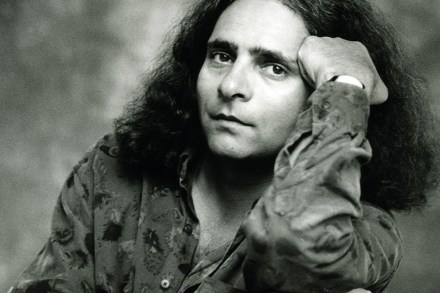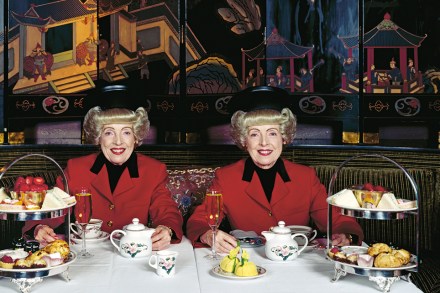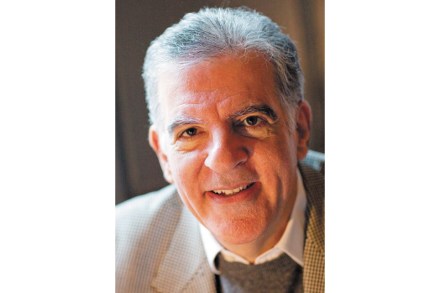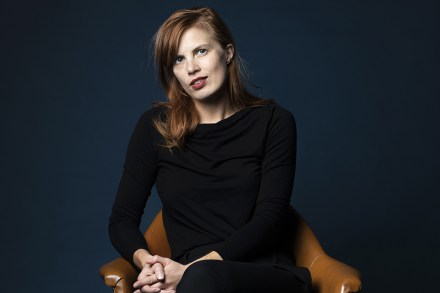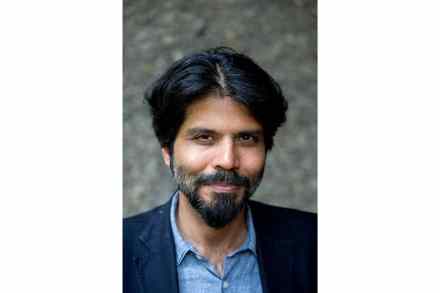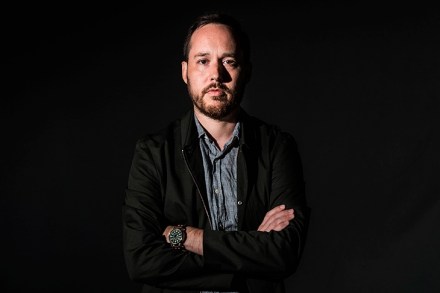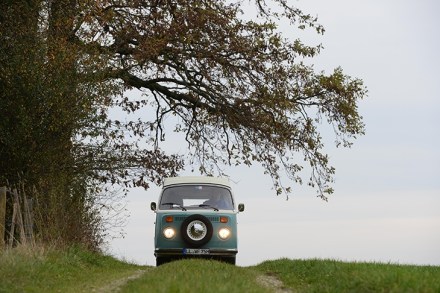Driven to extremes: The Rest of Our Lives, by Ben Markovits, reviewed
In a break from his tetralogy about the Essinger family, and following on from The Sidekick (a kind of Humboldt’s Gift with basketball), Ben Markovits now takes us on a road trip across America. The Rest of Our Lives explores marital breakdown, betrayal, the empty nest and a myriad mid-life malaises, including life-threatening illness. It’s
